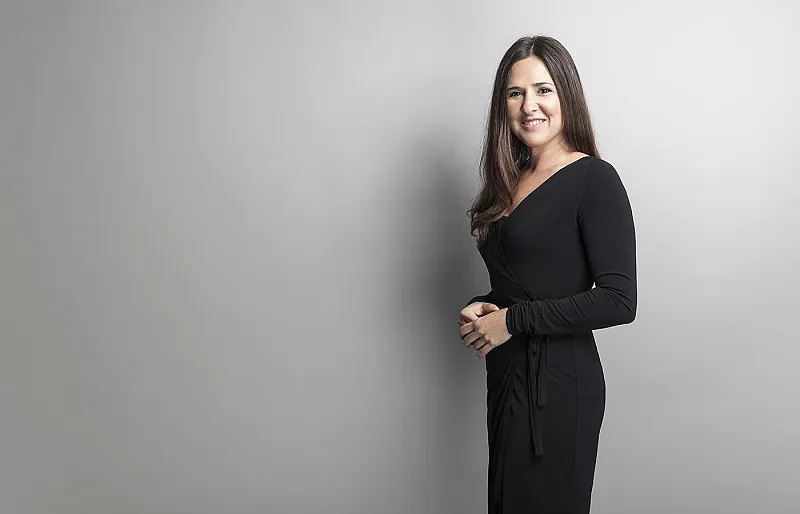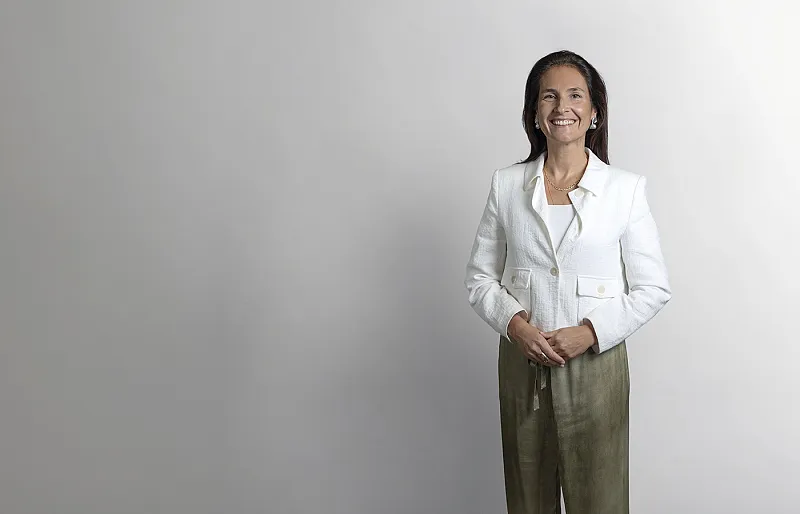29.05.2025
Mariana Soares David analyses the rise of class actions and highlights the complexity of consumer law in Portugal
Mariana Soares David, partner and member of the firm’s litigation and arbitration team at Morais Leitão, commented to Jornal de Negócios that Portugal is undergoing a significant transformation in the consumer protection landscape, marked by the sharp increase in class actions filed in court. “They were rarely used, but in 2023 Portugal became the second country in Europe with the most class actions,” she noted, highlighting the rise from 38 cases in 2022 to 135 in 2023.
The lawyer points out that although these actions are “much more popular in the US than in Europe,” the Portuguese legislation is particularly permissive. “It is very easy to file a class action in Portugal: all you have to do is say that you are representing everyone… and this representativity is not filtered, as it is mandatory in the US. That’s why we will certainly see an increase in this type of action. Even international associations may try to use Portugal as a testing ground… imagine a French association filing a claim against a Portuguese subsidiary and, if the ruling is favourable, using it as an argument in their own countries or to influence European lawmakers.”
Regulatory complexity is one of the obstacles to full compliance with the rules. Mariana Soares David warns that “in Portugal, there are legal statutes that do not say exactly the same and that apply simultaneously. Take e-commerce, for example: we have the European regulation on distance selling, the national regulation on the same area, and an ‘old’ decree on e-commerce…”
Among the new regulatory challenges in the digital domain is the accessibility decree coming into force on 28 June, which will require all websites with e-commerce functionality to be accessible to people with different types of disabilities.
The lawyer stresses: “It’s very complicated… The law says, for example, ‘write clearly to facilitate reading and understanding by people with mental disabilities’. But the question is: what degree of mental disability? We’ve been working with the Portuguese Association for the Disabled, which has a more refined understanding of the reality and can help in this area.”
In this context of increasing demands on economic operators, Mariana Soares David concludes with a critical remark: “Perhaps it doesn’t make sense at this point, when e-commerce has become widespread, to impose so many requirements on companies and benefits for consumers…” And she adds: “I don’t believe in the infantilisation of the consumer!”
Read the full article in Jornal de Negócios.


